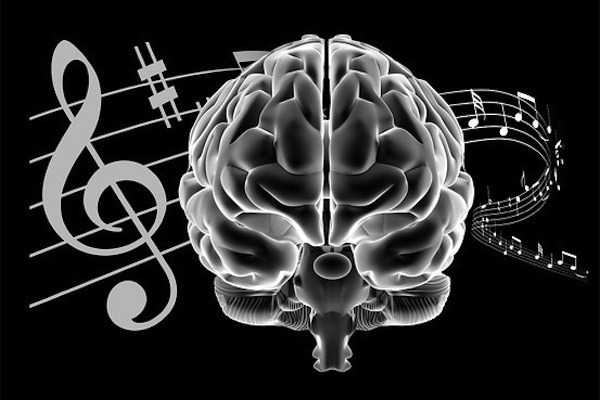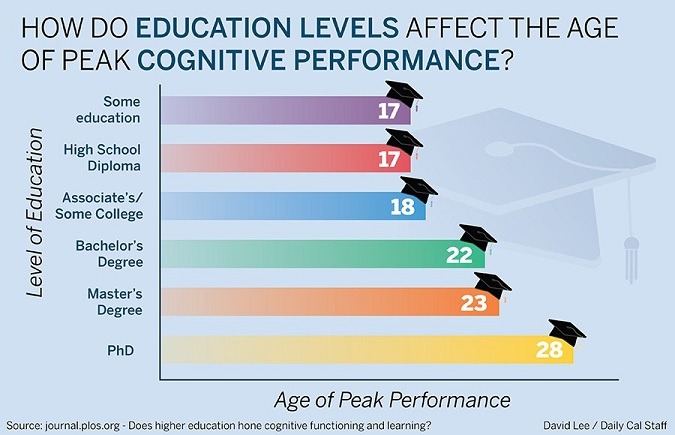Posts Tagged ‘cognitive-functioning’
Does music facilitate or impair cognitive task performance? It depends…
__ Does Music Boost Your Cognitive Performance? (Scientific American): “Music makes life better in so many ways. It elevates mood, reduces stress and eases pain. Music is heart-healthy, because it can lower blood pressure, reduce heart rate and decrease stress hormones in the blood. It also connects us with others and enhances social bonds. Music…
Read MoreDo ADHD drugs really help college students without ADHD?
___ Over the past 15 years there has been growing awareness that many college students without an ADHD diagnosis use ADHD drugs. On some campuses, rates of self-reported non-medical use have exceeded 30% of students.
Read MoreStudy shows how online mindfulness interventions can reduce work-related rumination and fatigue, and improve sleep quality
__________ Work these days often comes with long hours, emotionally draining colleagues, and complex problems that require an enormous amount of mental energy. So it’s no surprise that many of us have a hard time leaving work-related thoughts at the office. “Surveys have shown that between 16 and 25 percent of the workforce have regular…
Read MoreLarge study highlights the cognitive enhancement value of both higher education and lifelong learning
_______ UC Berkeley study links cognitive longevity to higher education (The Daily Californian): “A study led by campus researchers found that higher levels of education are linked to later ages of peak cognitive performance…The team was able to use anonymous data gathered from almost 200,000 subscribers to Lumosity, an online cognitive training program, whose…
Read MoreDance training: The ultimate way to delay brain decline by combining physical, cognitive, and social engagement
Study: Dancing may offset some effects of aging in the brain (CSU release): “A new study led by a Colorado State University researcher shows that kicking up your heels can actually be good for your noggin. The research team demonstrated for the first time that decline in the brain’s “white matter” can be detected over…
Read MoreStudy: Wisdom requires both higher heart rate variability and adopting a third-person perspective
——- Many cultures consider the human heart to be the seat of wisdom. Now scientists are finding some evidence for this, though the reality may be more complicated than it seems. Previous research has suggested that higher heart rate variability (HRV)—the variability in the time between our heartbeats
Read More





